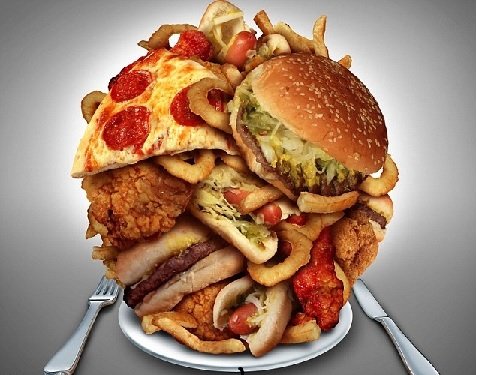Your health – what you eat
It is indisputable that what we eat is critical to our state of health. Nutrients provide the body with the raw materials and instructions on how to function. In other words food is the body’s information service. Essential nutrients are nutrients that the body requires for growth, development and functional maintenance. Unfortunately many diets, particularly, the western diet, lack essential nutrients. Additionally, processed food is consumed in large quantities. Processed food often contains fats and sugars that have been chemically changed, and are in themselves toxic.

As the functions of the body are interactive and inter-dependant, an imbalance of essential nutrients can have far reaching negative effects. Similarly some substances found in processed or artificially “enhanced” food, may have the ability to change metabolic “instructions”. The excess consumption of food, particularly if that food is providing the body with incorrect instructions, results in general health decline. In this frequently overweight, but undernourished state, the long term risk of chronic diseases is vastly increased. These include type 2 diabetes, heart disease and arthritis.
Until recently it was believed that a wide range of diseases, such as type 2 diabetes, obesity, heart disease, stroke and some cancers were caused by a single gene mutation. More recent findings indicate that these conditions are attributed to a network of biological dysfunction. As it is now known that lack of essential nutrients, caused by an inadequate supply in the diet, is an important factor in this biological dysfunction. In order to prevent these diseases, intense research is required, as to how multiple nutrients interact, and how these interaction affect body functions.

As the relationship between nutrition, metabolic function and therefore disease becomes more apparent, the view of food in terms of calories or grams, and good or bad food, will require revision [3]. Focus must be drawn to food that it is essential to include rather than those to avoid. The diet of the future, instead of looking at food as the enemy, which we continually attempt to cut down or exclude, will be directed to see the diet as a means to promote good health, and decrease or even, eliminate the risk of many diseases that are currently epidemic in western societies. Future diets may even be designed to coincide with an individual’s unique metabolism.

thanks for the great story![heart_80_anim_gif[1].gif](https://steemitimages.com/0x0/https://cdn.steemitimages.com/DQmXerTKcjKN9sNNcFeW4HTHxAd3XukreVeVU6GFLA9fwyx/heart_80_anim_gif[1].gif)